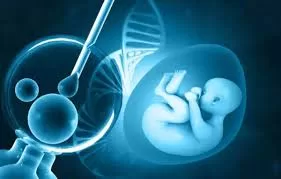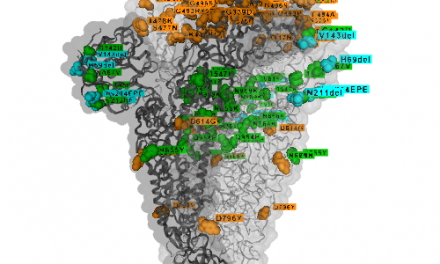Human papillomavirus (HPV), a widespread sexually transmitted infection, has been confirmed to significantly affect male fertility, according to a recent study. Researchers from Universidad Nacional de Córdoba in Argentina have revealed that men infected with high-risk HPV genotypes experience reduced sperm quantity and quality, increasing their vulnerability to infertility.
The study, published in the journal Frontiers in Cellular and Infection Microbiology, highlights that men are not only susceptible to HPV infections but also face severe health issues, including an elevated risk of genital warts and cancers affecting the mouth, throat, penis, and anus. However, the most concerning finding is the potential for these infections to render men infertile.
“Genital HPV infection is highly common in men, and depending on the viral genotype causing the infection, the impact on sperm quality and semen inflammation may vary,” said Dr. Virginia Rivero, a professor at the university and one of the study’s lead researchers. “Male fertility and the immune system’s capacity to fight off infection seem to be more negatively impacted by high-risk HPV genotype infections.”
HPV is well-known for its association with cervical cancer in women, contributing to 95% of cases. However, the study sheds light on the lesser-known but significant risk HPV poses to men. A recent publication in The Lancet revealed that approximately one in three men over the age of 15 are partially infected with genital HPV, with one in five carrying high-risk, oncogenic strains.
The study focused on 205 adult males in Argentina who visited a urology clinic for evaluations related to reproductive health or urinary tract issues between 2018 and 2021. None of the participants had received the HPV vaccine. Of those tested, 19% were found to be HPV-positive, with 20 men carrying high-risk HPV (HR-HPV) and seven harboring low-risk HPV (LR-HPV).
Routine semen analysis did not show significant differences in semen quality between the groups. However, a more detailed examination revealed that men with HR-HPV exhibited a marked decrease in CD45+ white blood cells in their semen and elevated levels of reactive oxygen species (ROS), which are known to damage sperm cells.
“Our findings indicate that men infected with HR-HPV, but not LR-HPV, experience increased sperm death due to oxidative stress and a weakened local immune response in the urogenital tract,” Rivero explained, suggesting that these factors could contribute to impaired fertility in HR-HPV-positive men.
The study’s findings raise critical questions about the broader implications of HR-HPV on male fertility, including potential impacts on sperm DNA quality and the health of future offspring. With HPV infections becoming more common in men, particularly with high-risk genotypes, the research underscores the importance of increasing awareness about HPV’s effects on male reproductive health and the potential benefits of vaccination for men.
As HPV continues to pose significant health risks, this study highlights the need for further research into the virus’s impact on male fertility and broader public health strategies to mitigate these risks.











